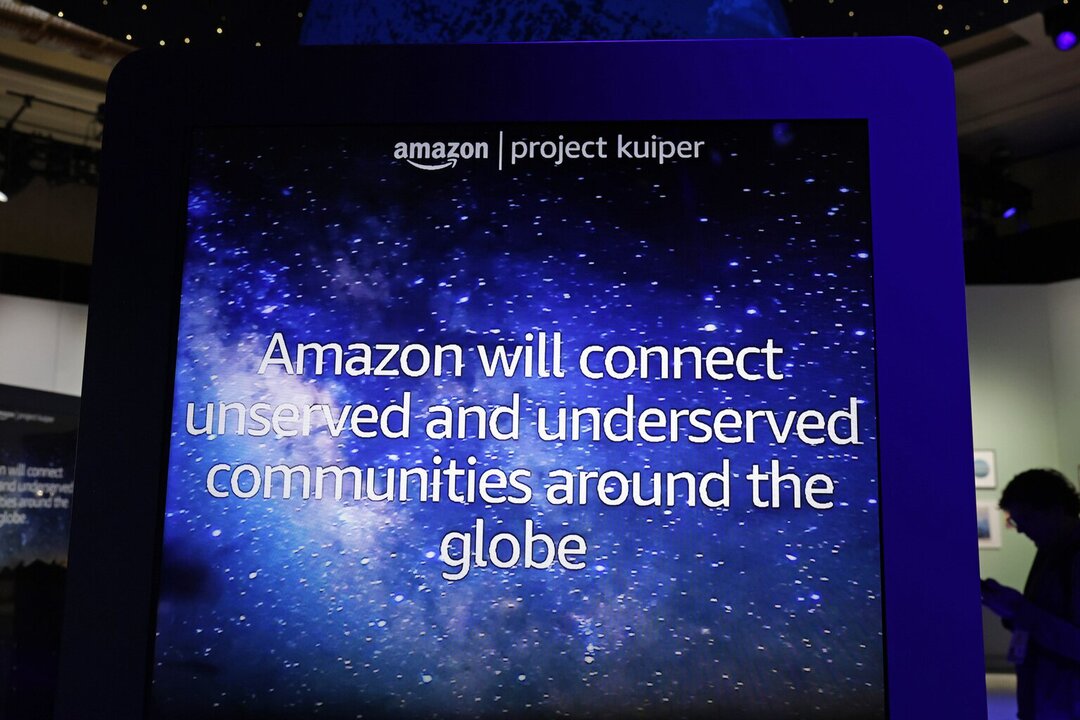Class-action suit alleges Prime Video misleads customers by marketing long-term licenses as purchases
A new lawsuit in the United States is challenging how streaming platforms describe digital content transactions, raising questions about consumer rights and the language used in online marketplaces.
The case centers on Amazon Prime Video, which, like many services, offers users the option to “rent” content for a limited time or to “buy” it.
While the term “buy” suggests ownership, customers do not receive permanent rights to the films or shows they purchase.
Instead, the transaction grants a long-term license that remains valid only while Amazon holds distribution rights.
On August 21, Lisa Reingold filed a proposed class-action lawsuit in the U.S. District Court for the Eastern District of California against Amazon.
The complaint accuses Prime Video of false and misleading advertising, alleging that consumers are led to believe they are acquiring ownership of digital works.
In reality, the company’s terms specify that these purchases amount to a “non-exclusive, non-transferable, non-sublicensable, limited license” to access the content.
The lawsuit highlights a key difference between digital and physical purchases.
For instance, a customer who buys a DVD retains the ability to watch it indefinitely.
By contrast, a film bought on Prime Video could be removed from the service or replaced with an altered version, such as a shorter theatrical cut, at Amazon’s discretion.
The outcome of the case could have wide-ranging implications for how streaming companies present digital sales and how consumers understand the difference between renting, purchasing, and licensing content in an evolving media landscape.
The case centers on Amazon Prime Video, which, like many services, offers users the option to “rent” content for a limited time or to “buy” it.
While the term “buy” suggests ownership, customers do not receive permanent rights to the films or shows they purchase.
Instead, the transaction grants a long-term license that remains valid only while Amazon holds distribution rights.
On August 21, Lisa Reingold filed a proposed class-action lawsuit in the U.S. District Court for the Eastern District of California against Amazon.
The complaint accuses Prime Video of false and misleading advertising, alleging that consumers are led to believe they are acquiring ownership of digital works.
In reality, the company’s terms specify that these purchases amount to a “non-exclusive, non-transferable, non-sublicensable, limited license” to access the content.
The lawsuit highlights a key difference between digital and physical purchases.
For instance, a customer who buys a DVD retains the ability to watch it indefinitely.
By contrast, a film bought on Prime Video could be removed from the service or replaced with an altered version, such as a shorter theatrical cut, at Amazon’s discretion.
The outcome of the case could have wide-ranging implications for how streaming companies present digital sales and how consumers understand the difference between renting, purchasing, and licensing content in an evolving media landscape.






































